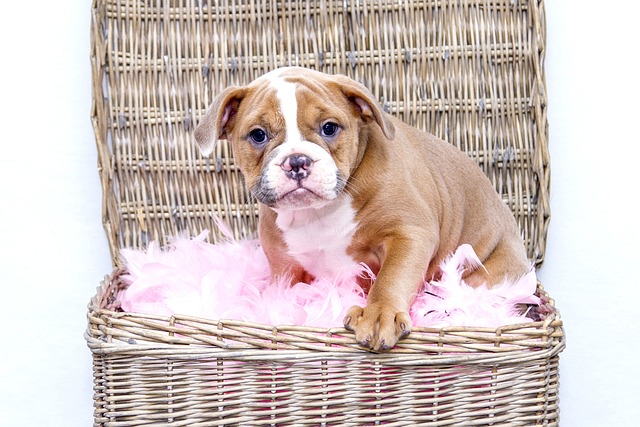
Understanding Crate Training for House Training Puppies
Crate training involves using a **crate or kennel** as a training tool to help **potty train** your puppy and provide them with a safe and secure space. Here are some key points to consider:
– **Crate as a Den:** Dogs are den animals by nature, and a crate can mimic a den-like environment for them.
– **Potty Training Aid:** Crates can be effective in teaching puppies to control their **bladder and bowel movements**.
– **Safety and Security:** Crates offer a secure space for puppies when you cannot supervise them.
– **Instinctual Behavior:** Dogs tend to avoid soiling their living space, making crates a valuable tool in preventing accidents indoors.
Benefits of Crate Training for House Training
Crate training can provide several benefits when it comes to house training your puppy:
– **Consistency:** Using a crate helps establish a routine for potty breaks and feeding times.
– **Faster Learning:** Puppies may learn to control their bladder and bowel movements more quickly with the structure provided by crate training.
– **Reduced Accidents:** Crates can help prevent your puppy from having accidents inside the house.
– **Promotes Independence:** Crate training can help puppies become more independent and confident.
Tips for Successful Crate Training
To make crate training successful and **stress-free** for both you and your puppy, consider these tips:
– **Introduce the Crate Gradually:** Start by making the crate a positive and inviting space with treats and toys.
– **Use Positive Reinforcement:** Reward your puppy for entering the crate voluntarily.
– **Keep it Cozy:** Ensure the crate is comfortable with soft bedding and toys to keep your puppy entertained.
– **Avoid Prolonged Use:** Do not leave your puppy in the crate for extended periods; it should not be used as a form of punishment.
Conclusion
In closing, crate training can be a valuable method for house training a puppy. When implemented correctly, it can help establish good habits, prevent accidents, and provide your puppy with a safe space. Remember to be patient and consistent in your training efforts to ensure success.
